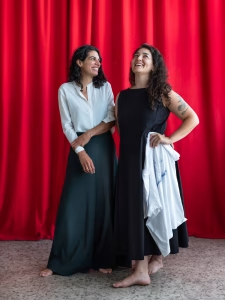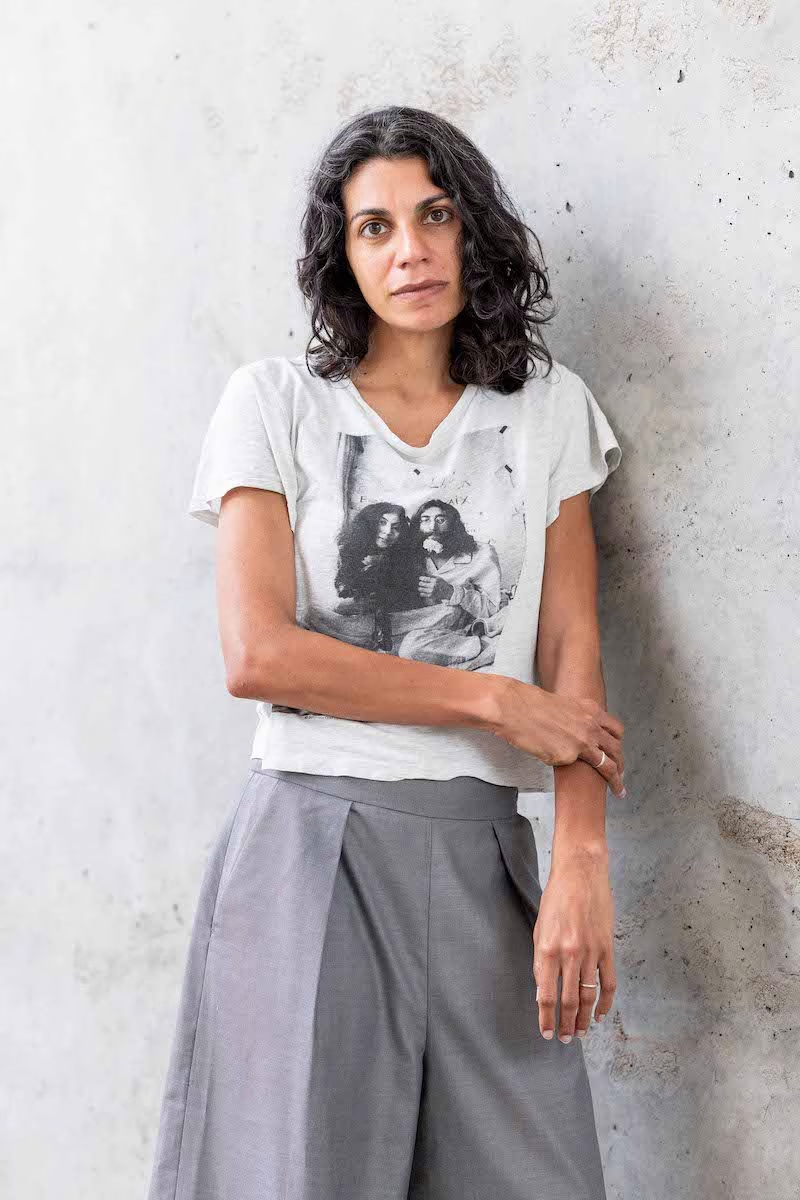Zasha Colah, curator of the 13th Berlin Biennale, shapes her artistic vision around the theme of “fugitive passage.” For her, this concept reflects art’s ability to establish its own rules in the face of unjust systems and legal violence, finding expression even under oppression. Colah’s deep connection to this theme stems from a personal “survival instinct,” nurtured by her experiences witnessing restrictive regimes in India and Myanmar and the challenges faced by artist friends. Initially tied to specific geographies, she notes that this theme has gained universal relevance over time.
At the core of her curatorial identity lies an emphasis on diverse “communicability” methods in art. She prioritizes live art forms—such as performance, theater, and readings—that foreground the body and spoken word, aiming to foster direct, authentic dialogue with audiences. Colah invites viewers to approach artworks free from preconceived expectations, to trust in their “unintelligibility,” and to explore the unique language of works created outside institutional or conventional art frameworks. This approach reflects her profound respect for creative expressions that emerge in overlooked spaces, such as prisons, streets, or marketplaces, often neglected by art history.

Another key element of Colah’s artistic perspective is “healing laughter” and humor. She views heavy themes like oppression, obedience, and rebellion through a lens of sharp, often dark humor, which she sees as a tool for questioning and confronting reality. Humor, particularly in challenging contexts like Myanmar, becomes a vital strategy for artists to keep their “thinking bodies” alive and preserve spiritual integrity. Referencing Elaine Scarry’s The Body in Pain, Colah underscores the potential of imagination and humor to counteract pain’s paralyzing effects, rebuilding and reinterpreting the world.
The venues chosen for the Berlin Biennale, such as Sophiensaele and a former courthouse in Moabit, embody Colah’s thematic sensitivity. These spaces, with their layered and turbulent histories, resonate deeply with the exhibition’s themes of “fugitive passage” and illegality, enriching its narrative. Colah views the Biennale’s freedom to pursue bold artistic and political approaches beyond market constraints as both a significant responsibility and an honor to “create a small world.”
Acknowledging the risks and ambiguity of “fugitive passage,” Colah recognizes that this act is not only a form of resistance but can also be exploited by authoritarian figures. In this complex and uncertain terrain, she sets aside definitive moral judgments, inviting critical reflection on the varied manifestations of “fugitive passage.” She examines contemporary societal dynamics, such as Germany’s “preventive obedience,” through this nuanced and questioning lens.
Additional Information
13th Berlin Biennale
Group Exhibition: Fugitive Passage
Exhibition Dates: June 14–September 14, 2025
Opening Ceremony: Friday, June 13
Admission Fee: €16 (concession €8)














